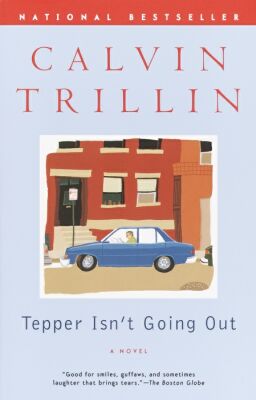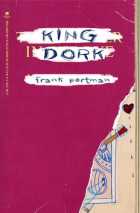
Harald Weinrich, Lethe: The Art and Critique of Forgetting
Since so much of a typical school year for me is devoted to reading (or re-reading) works of fiction, I like to immerse myself in some good non-fiction over the summer months, whether it be for pure entertainment or the enhancement of my classes. Here is a book that falls into the latter category. Literary works that offer depictions of an "underworld" or "hell" are staples of the A.P. English course I teach, and as one of the five rivers of the ancient Greek underworld, Lethe (translated in the Greek as "forgetfulness") is perhaps the most "literary" of the rivers (cropping up again and again in poetry and fiction as a metaphor for intoxication, for sleepiness, even for truth, etc.), and Weinrich's book traces the various ways in which memory and forgetting function throughout works ancient thru modern.
Admittedly, this book addresses a number of authors I've either never read (e.g., Simonides, Rousseau, Saul Bellow) or never even heard of (Themistocles? Chamisso? Kleist?), but the premise of tracing the notions of why memory is significant to, say, society's morals is a fascinating topic when Weinrich examines how memory (and, in turn, forgetting) functions within the works of Homer, Dante, Kant, Proust, Pirandello, and Weisel. Several years back, I read Roger Shattuck's Forbidden Knowledge, which similarly traces a common theme through the whole history of Western literature (starting with the Genesis myth and concluding with a reading of the works of the Marquis de Sade), and while I found Shattuck a much more engaging read, I thought Weinrich more focused in his analysis. Some of Weinrich's strongest points were perhaps reserved for addressing why memory is important to cultural literacy, what constitutes an event worthy of memory, and why forgetting serves social significance (beyond the society and time period in which its event occurred).
Make no mistake: this is hardly "beachside" reading for the average high school student. But it was something I found interesting and useful for classroom use, taken all in all.



